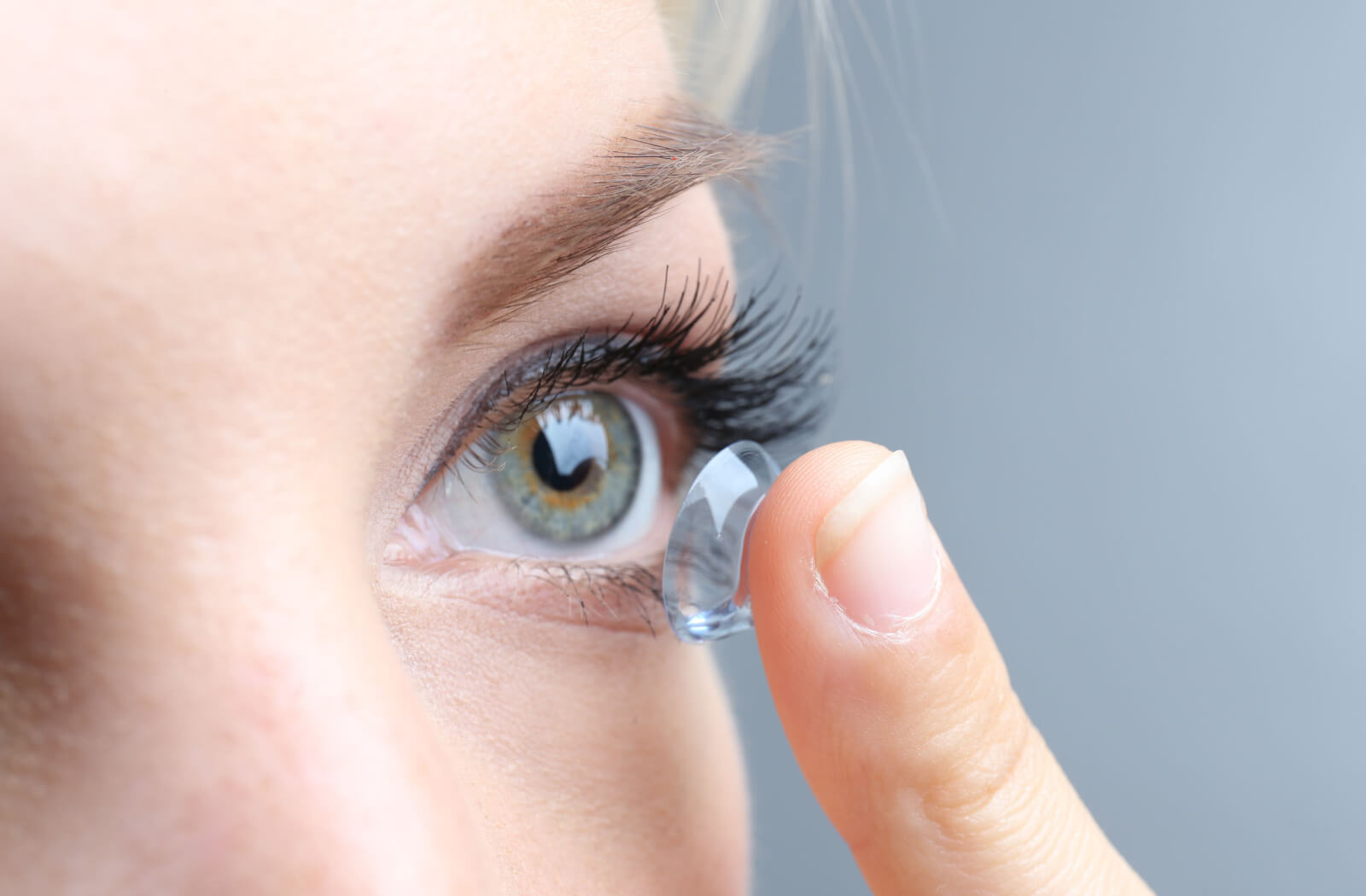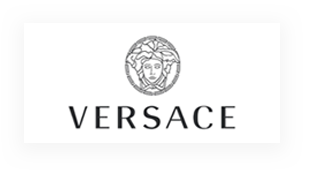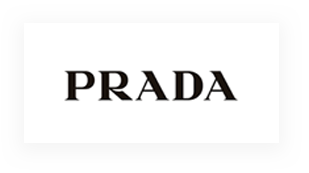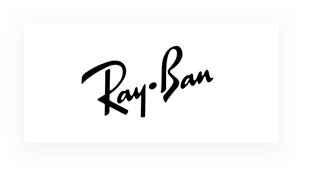Contact lenses are a popular solution for common vision conditions like nearsightedness, farsightedness, and astigmatism. They are thin, curved lenses that cover your eye’s surface and correct your vision.
Contact lenses will expire, making it important to dispose of them when needed and take care of the ones you use.
If you need new contact lenses, book an appointment at Urban Optique to visit one of our experienced eye doctors and get your next pair.
Why Do Contacts Expire?
The safety of your eyes should be a top priority, which means avoiding anything that could lead to infections or bacteria. Contact lenses have an expiration date for a reason and should only be used within their shelf-life. If your contact lenses have expired, please dispose of them and ask your optometrist about getting new ones.
Problems Caused by Expired Contacts
Here are some of the problems associated with wearing expired contact lenses:
- Corneal abrasion
- Eye discomfort
- Infection
- Scarring
- Inflammation of the cornea
- Loss of vision
- Sensitivity to light
Unopened contact lenses can go past their expiration date and should not be worn. The solution they are preserved in will eventually expire and no longer keep them sterile for use.
How to Find the Expiration Date
The expiration date of your contact lenses will likely be written somewhere on the container you received them in. If you cannot find the date on the container, contact your optometrist’s office and they can help answer your questions, or contact the manufacturer of your lenses.
How to Get New Contacts
Contact lenses must be personalized based on your prescription and visual needs. We recommend visiting one of our experienced optometrists, who can evaluate your eyes and determine what type of contacts may be best suited for your eyes.
Types of Contact Lenses
Millions of people across Canada wear contact lenses daily, and naturally, different types have been created to help with various issues. Here are some popular options for contact lenses:
Soft Contacts
Soft contact lenses are made of softer materials that may fit more comfortably on your eyes. They are typically more absorbent to water and flexible than hard contacts but require more caution when handling due to their fragility.
Hard Contact Lenses
Hard contact lenses are designed to correct refractive issues and offer a rigid lens to reduce distortion caused by vision conditions like astigmatism.
Rigid Gas-Permeable (RGP) Contacts
RGP contact lenses are a form of hard lenses that offer a good level of comfort and help provide clear vision. Some RGP lens options include extended-wear times, and they may be designed for wear at night or during the day, depending on the type and purpose.
Conventional Hard Contacts
Conventional hard contact lenses are made of a more rigid and stiff plastic material that typically does not mould to your eyes. These may not be the most comfortable lenses, but they provide an inexpensive and durable option.
Disposable Contacts
Disposable contact lenses are intended to be worn daily, or for several days and stored at night, and disposed of after a set period (often a day, week, or month). They can be an excellent option for people who don’t like wearing contacts for long periods at a time.
Extended-Wear Contacts
Extended-wear contact lenses are supposed to be worn for long periods and typically can be worn to bed. For some, wearing contacts for extended periods can result in discomfort and irritation; speak with your eye doctor about finding a contact lens that suits your eyes.
Tips for Taking Care of Your Contacts
A part of owning and using contact lenses is properly maintaining and caring for them. Here are some tips on how to clean and take care of your contacts:
- Always wash your hands before cleaning or handling your contacts
- Keep the tips of your lens solution clean and avoid letting it touch any other surfaces
- Never use tap water when cleaning your contacts
- Store contacts away safely and in their proper case
- Use products that your doctor recommends and nothing homemade
- Book regular eye exams with your optometrist to check up on your ocular health and any developments in your prescription
- Try to avoid wearing your contact lenses in very dusty or dirty areas
- Speak with your doctor about wearing contacts if you have dry eyes or serious allergies
Are Contacts Right for You?
It’s important to speak with your optometrist about your vision needs and expectations when looking for vision correction solutions like contact lenses.
Contact lenses offer an excellent solution for people who often lose their glasses or want to avoid carrying frames around. However, contacts must be handled and treated carefully to prevent accidental misuse.
Book an Appointment Today
At Urban Optique, our team of experienced optometrists is happy to see you for an appointment to discuss your existing contact lenses or the steps to get your first pair. Book an appointment today by visiting our website or calling us!
















